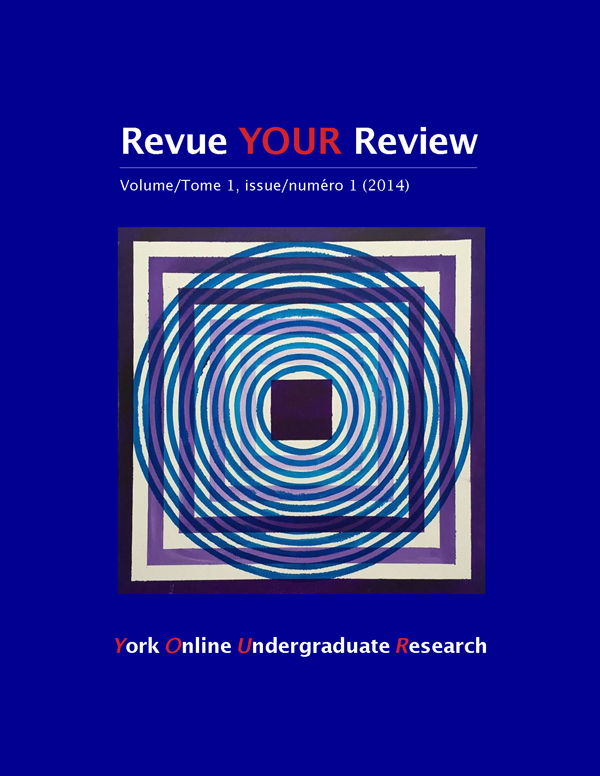Something in the Water: The American Acid Endemic
Résumé
This study is an analysis of the reaction against the use of the substance LSD-25 in the United States of America during the 1960s. It seeks to answer why and how the drug appeared and vanished from the cultural landscape so rapidly, drawing from a pool of historical writings as well as primary documents from both academic and popular sources. It begins with a brief history of the scientific origins of LSD during the 1950s and the drug’s place in the fields of chemistry, psychology, and among respectable figures of the international intelligentsia. The rest of my paper analyzes the methods and motives of government and moral authorities against the acid-fuelled counterculture that was emerging. This was in the wake of the ban of all sales and production of the substance in the United States by 1965. In this paper, I propose that the reaction against LSD use followed the paradigm of moral panic theory, and explain the perceived threat apparent in the relationship between LSD culture and the contemporary, mainstream American culture regarding the role of science and medicine, religion, racial tension, an affluent and educated youth culture, and anti-communist paranoia. My research findings suggest that the cause of the establishment’s strong reaction against LSD and the surrounding subculture was not that it opposed the fundaments of mainstream American culture; rather, that it adhered perfectly to those core themes of American life and pushed them to the breaking point.Téléchargements
Comment citer
Numéro
Rubrique
Licence
Les auteurs qui contribuent à la Revue YOUR Review acceptent de publier leurs articles selon une des trois catégories de la licence 4.0 : Creative Commons Attribution 4.0 International; Creative Commons Attribution-Pas d'Utilisation Commerciale 4.0 International; ou Creative Commons Attribution-Pas de Modification 4.0 International. Tout contenu éditorial de ce site ainsi que les affiches et les résumés sont sous la licence Creative Commons Attribution-Pas de Modification 4.0 International. Pour plus d’informations, veuillez voir :
https://creativecommons.org/licenses/
Dans tous les cas, les auteurs conservent leurs droits d’auteurs et concèdent à la Revue YOUR Review le droit de première publication. Les auteurs peuvent, par la suite, conclure d’autres accords de distribution non exclusifs de la version publiée dans ce périodique (par exemple, l’afficher à un dépôt institutionnel ou le publier dans un livre ou dans un autre périodique) à condition que la reconnaissance fasse mention de la publication originale dans la Revue YOUR Review.


